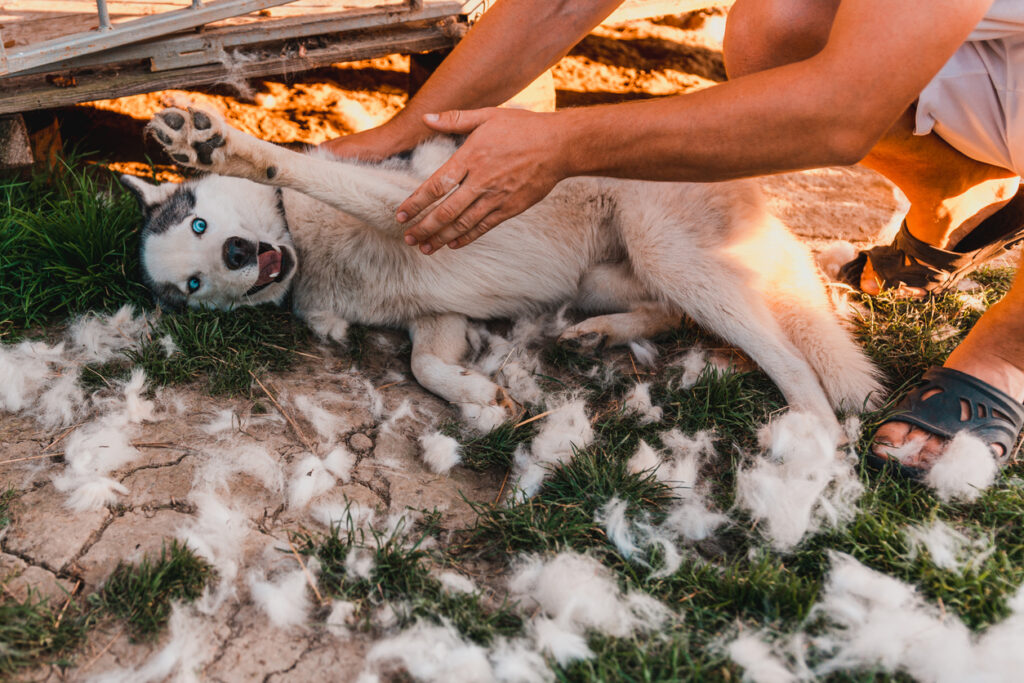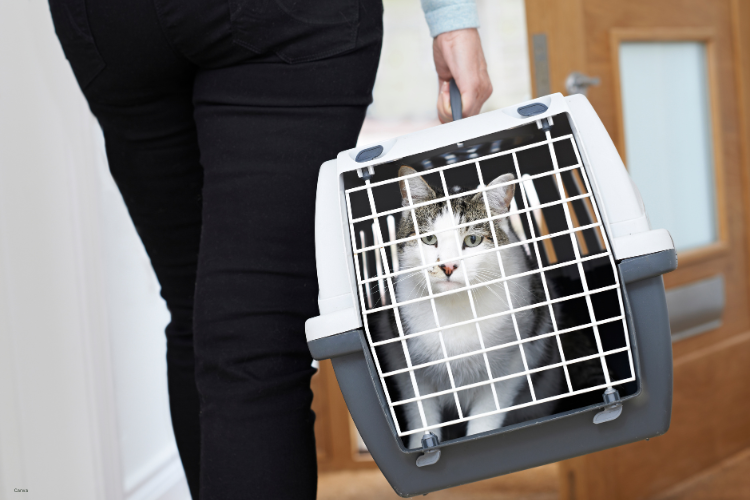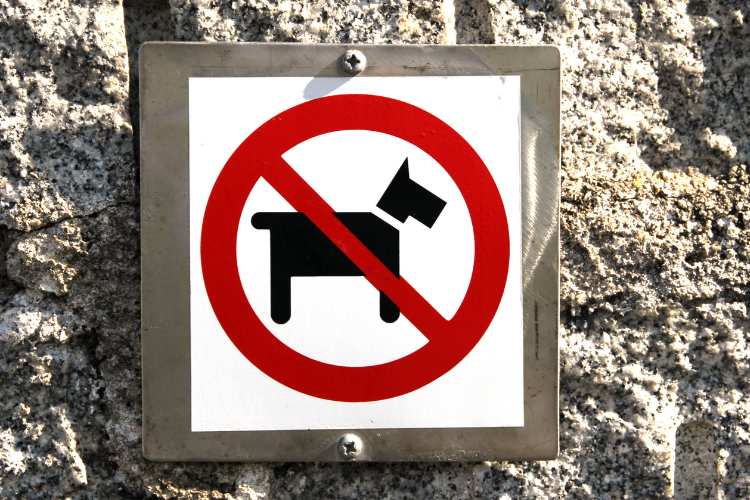The cute factor fades when reality brings a mess, a bill, and zero free time.

Pets look like a happiness hack on social media, but living with one can feel like an endless cycle of chaos and cost. Those viral puppy videos don’t mention vet bills, shredded furniture, and the awkward life changes you didn’t see coming. It’s not that pets aren’t lovable, they just come with fine print most people skip before signing up for 10 or more years of commitment.
1. Exotic pets can turn your house into a full-time rehab center.

According to the American Veterinary Medical Association, exotic animals like parrots, iguanas, and sugar gliders often need specialized diets, habitat setups, and medical care not found at your average vet. That means you might drive hours just to see a professional when something goes wrong.
Add in their unique behaviors—like loud vocalizations or odd sleep schedules—and your home stops feeling like a sanctuary and more like an unpaid animal rehab facility. It’s fun until you realize your weekends revolve around humidity gauges and specialized food delivery.
2. Vet bills will ambush your budget faster than you think.

As reported by the ASPCA, pet owners often underestimate long-term veterinary costs, with unexpected emergencies racking up thousands of dollars in a single visit. Even routine care adds up quickly with vaccines, checkups, and dental cleanings.
Financial surprises hit hardest during after-hours emergencies. When a pet swallows something it shouldn’t or develops an infection at midnight, the nearest emergency clinic bill can feel like a car payment. That stress can shift the joy of pet ownership into constant financial anxiety.
3. Shedding doesn’t stop just because you vacuum daily.

It sounds manageable at first, but as discovered by Consumer Reports, pet hair embeds itself into furniture, clothing, and even electronics despite regular cleaning. Breeds like Huskies or long-haired cats can leave a blanket of fur in just a few hours.
This constant maintenance means buying special vacuums, lint rollers in every room, and accepting that black clothes are now a luxury item. Over time, the effort and cost of managing hair alone becomes exhausting, especially for allergy-sensitive households.
4. Travel gets complicated fast.

Spontaneous weekend trips become near impossible when a pet needs boarding, pet-sitting, or travel accommodations. Airlines and hotels have strict policies, and boarding facilities often book up months ahead during busy seasons.
Even road trips change when you need pet-friendly stops and extra supplies. Vacations cost more and require significantly more planning, leaving many pet owners skipping travel entirely or paying premium prices for animal care while away.
5. Housing options shrink dramatically.

Many rental properties limit pets or charge heavy deposits and monthly fees. Even homeowners deal with home insurance restrictions based on certain dog breeds or exotic animals. That cute rescue might actually affect your ability to move easily or find affordable housing.
The stress of finding pet-friendly places often forces people to make compromises on location or price. What started as a heartwarming adoption can morph into a logistical nightmare when it’s time to relocate.
6. Allergies don’t magically disappear.

Some people discover after adopting that their sneezing, watery eyes, or skin rashes stem directly from their new companion. Allergy treatments are expensive and don’t always eliminate symptoms.
This situation often leads to tough choices about rehoming or limiting contact with the pet, which creates emotional strain on everyone involved. Living with chronic allergy symptoms can turn a loving home into a space where comfort constantly collides with health concerns.
7. Training takes patience most people don’t have.

From puppies to parrots, training requires consistent effort and time. Without it, pets develop behaviors like chewing, biting, barking, or marking that frustrate owners and damage property.
The reality is that training is an ongoing responsibility, not a weekend project. People who underestimate the patience required often end up overwhelmed, and pets pay the price with inconsistent handling or eventual surrender.
8. Your schedule stops belonging to you.

Daily walks, feeding schedules, and social interaction needs dictate your life around the clock. Forgetting or delaying these routines often leads to anxious or destructive behavior.
This constant commitment affects everything from how late you stay out to how often you sleep in. Pet ownership often feels like adding a dependent child to your schedule without the benefit of daycare or school breaks.
9. Pet-proofing your house can get extreme.

Cords, chemicals, trash cans, and even furniture need to be secured when you bring a curious or teething animal into the mix. Without these adjustments, you risk injuries to both your pet and your property.
That means investing in baby gates, heavy-duty trash bins, and sometimes entirely new furniture. Your home evolves into a space designed for animal safety rather than aesthetics, which not everyone loves long-term.
10. Social life takes a hit.

Spontaneous outings, last-minute parties, or weekend getaways often conflict with pet care responsibilities. Friends without pets might not understand why you’re always rushing home or why overnight trips feel complicated.
Over time, these constant sacrifices can create distance in social relationships. Owning a pet can subtly shift priorities, and while rewarding in many ways, it often closes doors on opportunities you once took for granted.
11. Emotional highs also come with sharp lows.

Pets offer unconditional love, but they also bring grief when they get sick, injured, or pass away. These moments can be emotionally devastating, and many owners underestimate how deeply attached they will become.
That emotional rollercoaster can feel draining, especially if the pet has chronic health conditions or behavioral issues. The bond is strong, but it can sometimes amplify stress rather than relieve it.
12. Some pets simply outlive expectations.

Turtles, parrots, and certain reptiles can live decades beyond what owners planned for. The cute baby tortoise might be around to meet your grandchildren, demanding care for half a lifetime.
While longevity sounds like a positive trait, it becomes a burden if your life circumstances change. Many long-lived pets end up in sanctuaries or with new owners because the original commitment was wildly underestimated.
